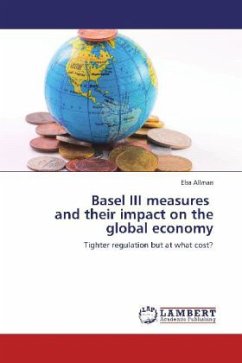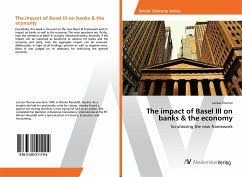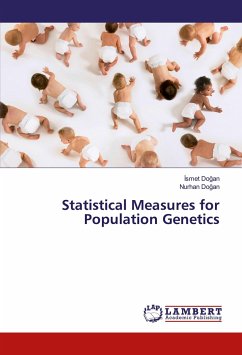
Basel III measures and their impact on the global economy
Tighter regulation but at what cost?
Versandkostenfrei!
Versandfertig in 6-10 Tagen
32,99 €
inkl. MwSt.

PAYBACK Punkte
16 °P sammeln!
In response to market failures revealed by the 2007-2009 crisis, the Basel Committee on Banking Supervision (BCBS) has proposed new measures - referred to as Basel III in order to promote a more resilient banking sector, a global initiative endorsed by the G-20 leaders. However, some have raised concerns with regard to their potential cost and fear over-regulation could stifle economic growth. This paper offers an analysis of the Basel III proposals and of their impact on the global economy in terms of costs, based on the review of selected impact studies. Firstly, it focuses on market failure...
In response to market failures revealed by the 2007-2009 crisis, the Basel Committee on Banking Supervision (BCBS) has proposed new measures - referred to as Basel III in order to promote a more resilient banking sector, a global initiative endorsed by the G-20 leaders. However, some have raised concerns with regard to their potential cost and fear over-regulation could stifle economic growth. This paper offers an analysis of the Basel III proposals and of their impact on the global economy in terms of costs, based on the review of selected impact studies. Firstly, it focuses on market failures and assesses whether the new measures will help prevent a financial crisis. Secondly, it determines their potential cost in terms of decrease in GDP. Thirdly, it discusses the impact studies modelling issues and future orientations. Today, while countries are transposing the Basel III rules in national law and banks are lobbying against their implementation, this paper sheds some light on the challenges faced by regulators and should be of interest to anyone (students, professionals, policy-makers) wishing to understand why banking regulation is essential to prevent a future crisis.












